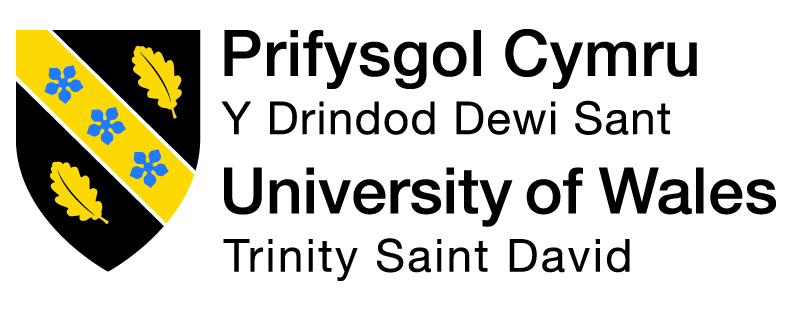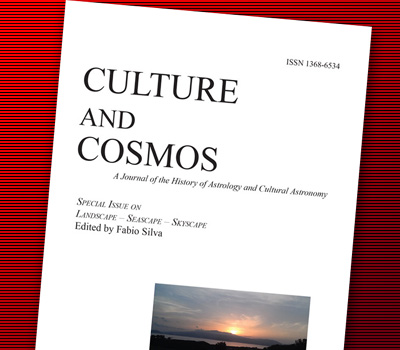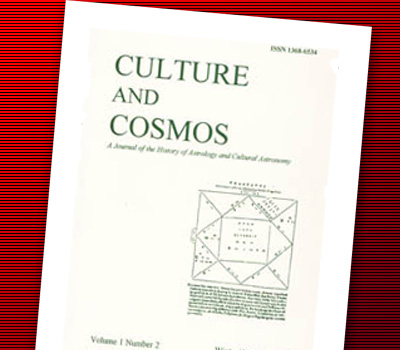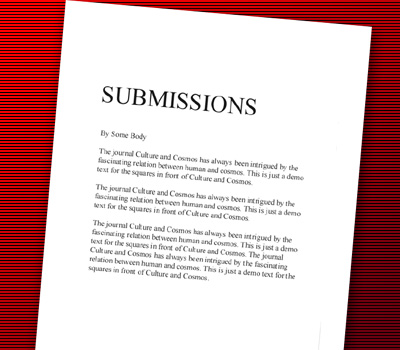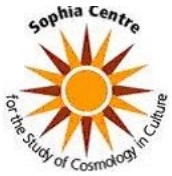We are currently seeking submissions for future volumes of Culture and Cosmos.
Volume 7, No. 1
Galileo as Astrologer
Antonio Favaro
Translated by Julianne Evans
Editor's Note: Until the 1990s, there was no published work on Galileo's astrology except for the two papers published here by Antonio Favaro in Italian. These are presented here in English translation for the first time.
Part 1: 'Galileo Astrologo'
Editor's Note: This trailblazing essay by Antonio Favaro was composed a decade before he first started to publish his twenty-volume Opere* of Galileo's complete works, and was published in the periodical Mente e Cuore in 1881. Greatly ignored by scholars, it has of late been alluded to by Poppi and Ernst. The footnotes differ from the original in being numbered sequentially through the whole article; endnotes are added by Nick Kollerstrom.
Part 2: Mathematics at the University of Padua before Galileo
Editor's Note: Padua was Europe's second oldest university, after Bologna. One seeks in vain for anything written about its chair of mathematics, beyond this single essay by Favaro. This neglect is presumably on account of the central role which it assigned to astrology, down through the centuries. Santillana's essay The Crime of Galileo makes what one must view as a fictional statement, that,when Galileo accepted the Chair at Padua in 1592, 'The chair of mathematics then covered the teaching of geometry, astronomy, military engineering, and fortification' . That could describe Padua's mathematics chair a century later, perhaps in the 18th century. The first two paragraphs of Favaro's essay are here translated, and in addition two of Galileo's letters about his mathematics lectures are here reproduced, showing that the students who attended them were either philosophers or medical doctors - the latter, in order to learn how to erect a horoscope for the onset of disease.

